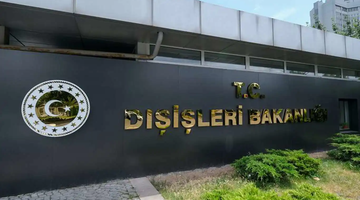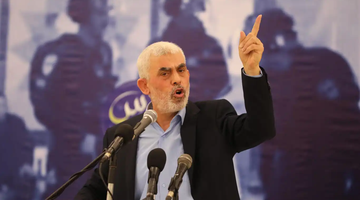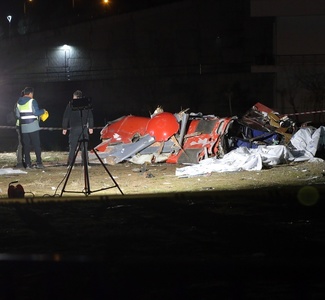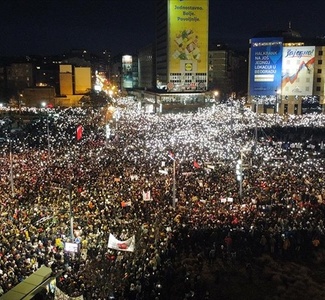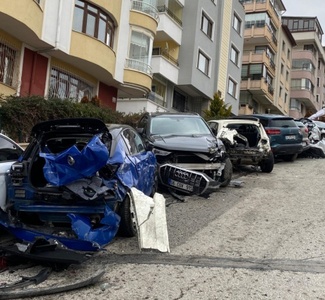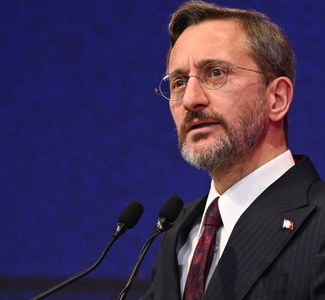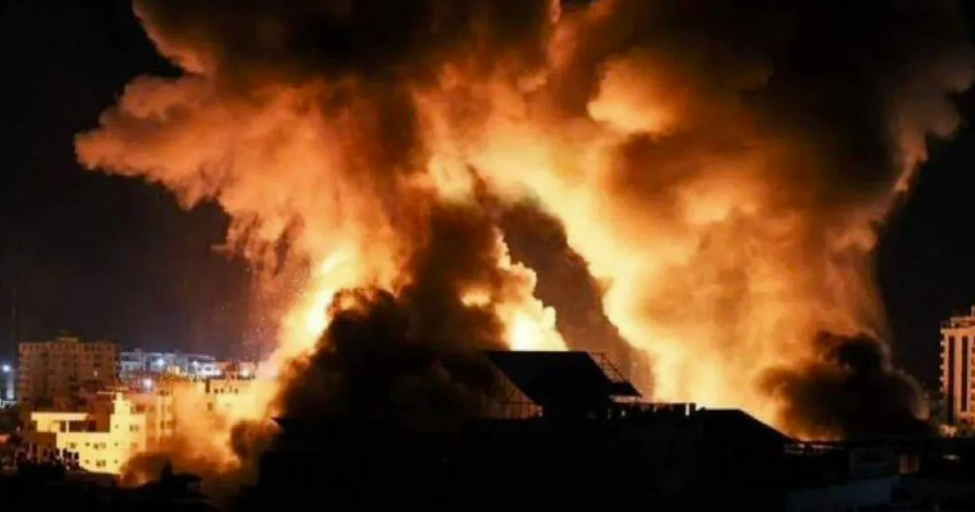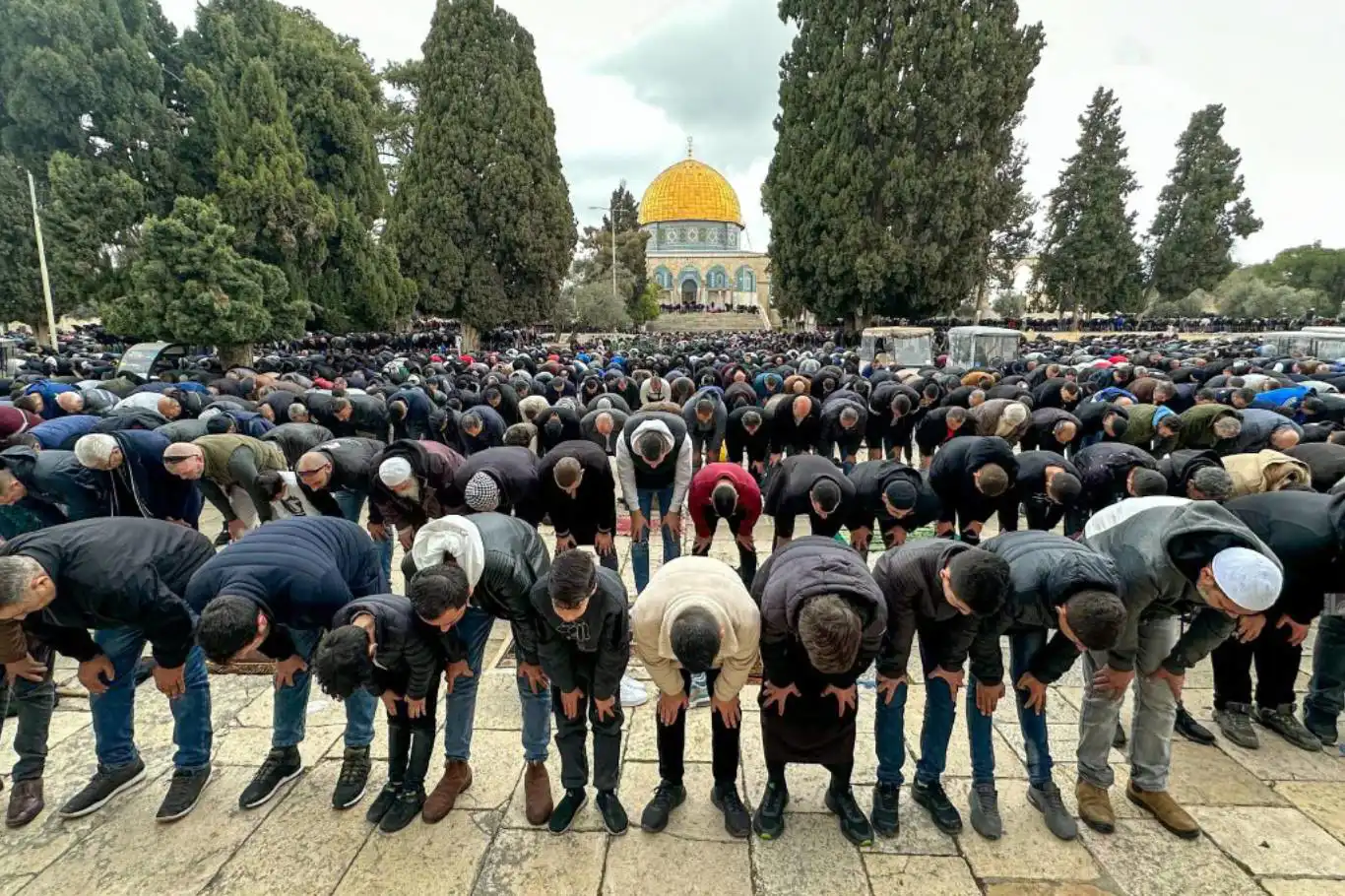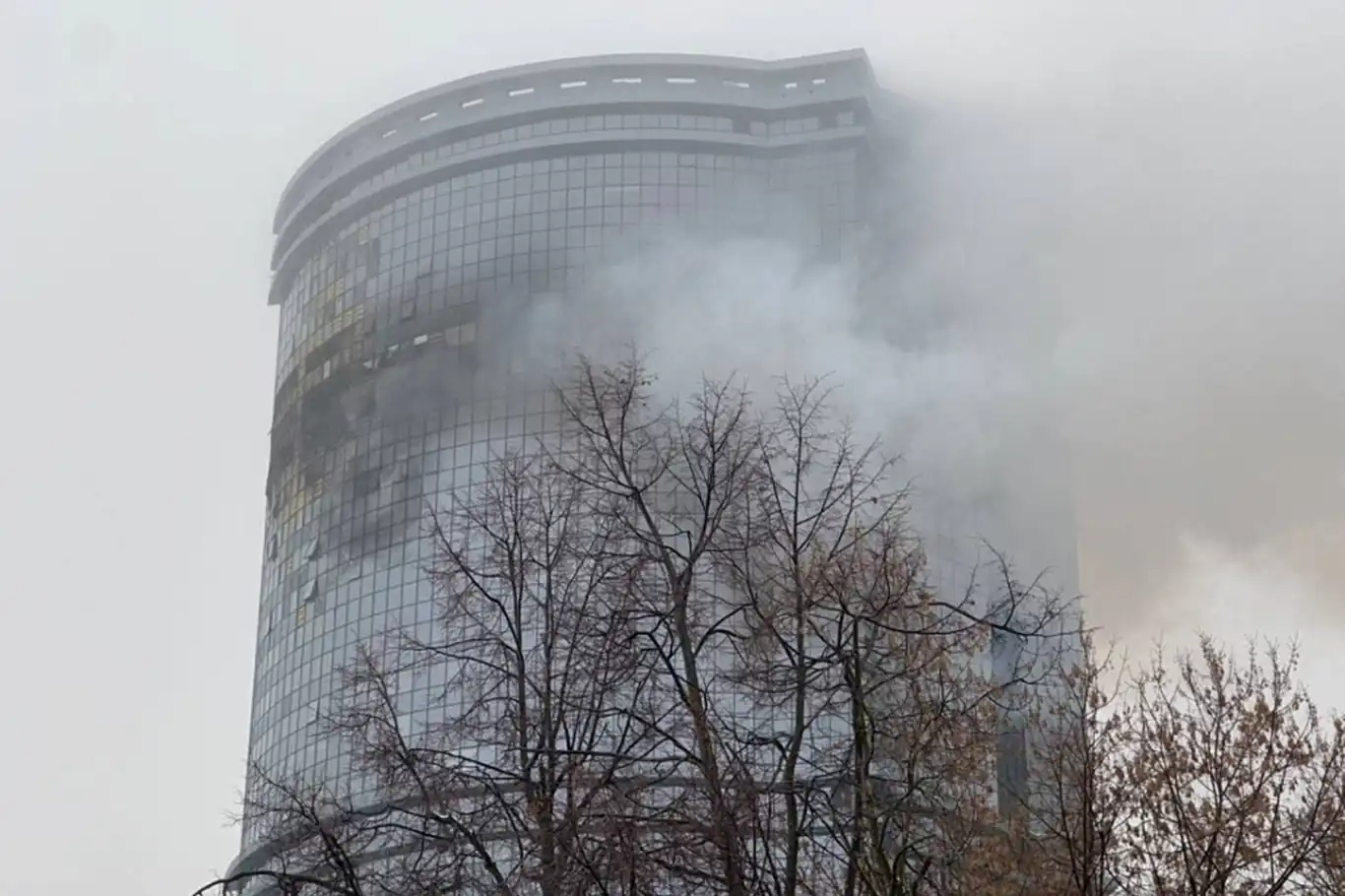HÜDA PAR urges unified Islamic front against Israel following Palestinian leader's assassination
In a press conference held at Turkish Parliament, Serkan Ramanlı, the spokesperson for HÜDA PAR, delivered a critical assessment of current national and international issues, underscoring the need for unified action against Zionism and addressing recent controversies regarding Kurdish language rights.
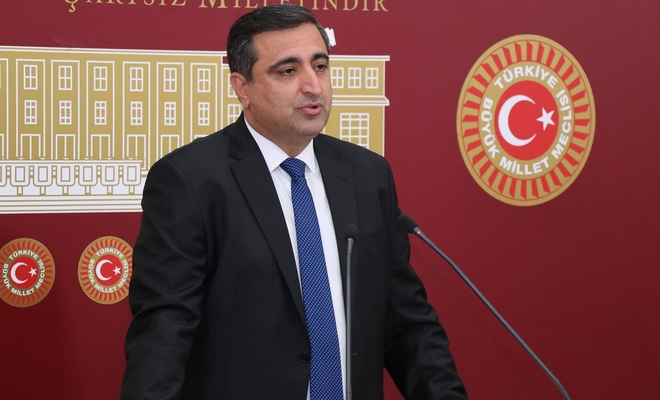
 Google News'te Doğruhaber'e abone olun.
Google News'te Doğruhaber'e abone olun. Central to Ramanlı’s address was a vehement condemnation of the assassination of Palestinian leader Ismail Heniyye. Ramanlı described the killing as a “dastardly act of terrorism” perpetrated by the “Zionist occupation regime.” He emphasized that this assassination was not only a direct attack on Heniyye but also an affront to the global Muslim community and international law. Ramanlı called for Türkiye and other Islamic nations to unite against what he described as the greatest threat to regional peace and stability: Zionism. He urged a collective and decisive response, including the severance of diplomatic relations with Israel, closure of embassies, and a halt to all types of shipments, particularly oil, to the Israeli regime. He also advocated for closing all US military bases that support Israeli security, arguing that such measures are essential to undermining the influence of global imperialism and supporting Palestinian resistance.
Ramanlı expressed confidence that with sufficient support for the resistance, the so-called myth of Israel's invincibility would be shattered, leading to the eventual liberation of Jerusalem. He asserted that the international community, especially Islamic nations, must act decisively to counteract the systemic and egregious violations committed by the Israeli state.
Ramanlı also addressed the recent removal of Kurdish inscriptions from pedestrian crossings in various Turkish cities, including Diyarbakır, Batman, Mardin, and Van. He condemned the erasure of these inscriptions as an unacceptable display of intolerance towards the Kurdish language and its speakers. Ramanlı criticized the actions taken by local authorities, which involved painting over or removing the inscriptions, arguing that such measures not only undermine the rights of Kurdish-speaking citizens but also contribute to internal divisions within Türkiye. He asserted that these actions weaken Türkiye’s position in the face of international pressures and exacerbate domestic tensions.
Ramanlı’s criticism reflects broader concerns about the treatment of Kurdish language rights in Türkiye, despite significant progress made in recent decades. He called for the removal of all barriers to the use of the Kurdish language and urged that abuses related to this issue be addressed promptly. He highlighted that recent events indicate a troubling disregard for Kurdish language rights, underscoring the need for ongoing vigilance and reform.
In addition to these issues, Ramanlı emphasized the urgent need for legislation targeting dual citizens involved in genocide and deemed a threat to Türkiye’s security. He highlighted the importance of passing a bill that addresses potential security risks posed by such individuals. According to Ramanlı, the proposed legislation is crucial for ensuring national security and holding accountable those who are complicit in crimes against humanity.
Serkan Ramanlı’s statements reflect the complex interplay between national security, human rights, and international relations in Türkiye. His calls for a unified front against Zionism and his criticism of actions affecting Kurdish language rights highlight the intricate challenges facing the country. As Türkiye navigates these multifaceted issues, the responses from both domestic and international communities will likely shape the nation's future political and social landscape. The evolving dynamics in Türkiye’s approach to these issues will be closely watched by observers both within the country and around the world. (ILKHA)




























